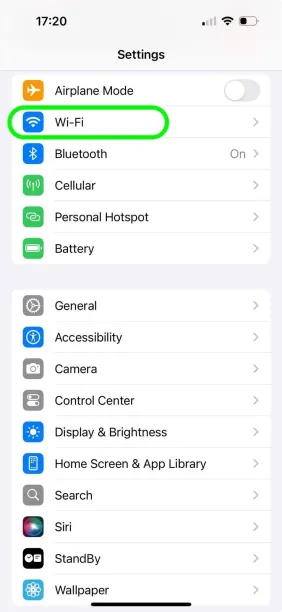As bird flu spreads, CDC recommends faster 'subtyping' to catch more cases
The CDC announced on Thursday its recommendation to test hospitalized influenza A patients more quickly and thoroughly to distinguish between seasonal flu and bird flu.

As cases of H5N1, also known as avian flu or bird flu, continue to surface across the U.S., safety precautions are ramping up.
The U.S. Centers for Disease Control and Prevention (CDC) announced on Thursday its recommendation to test hospitalized influenza A patients more quickly and thoroughly to distinguish between seasonal flu and bird flu.
The accelerated "subtyping" of flu A in hospitalized patients is in response to "sporadic human infections" of avian flu, the CDC wrote in a press release.
ONE STATE LEADS COUNTRY IN HUMAN BIRD FLU WITH NEARLY 40 CONFIRMED CASES
"CDC is recommending a shortened timeline for subtyping all influenza A specimens among hospitalized patients and increasing efforts at clinical laboratories to identify non-seasonal influenza," the agency wrote.
"Clinicians and laboratorians are reminded to test for influenza in patients with suspected influenza and, going forward, to now expedite the subtyping of influenza A-positive specimens from hospitalized patients, particularly those in an intensive care unit (ICU)."
LOUISIANA REPORTS FIRST BIRD FLU-RELATED HUMAN DEATH IN US
The goal is to prevent delays in identifying bird flu infections and promote better patient care, "timely infection control" and case investigation, the agency stated.
These delays are more likely to occur during the flu season due to high patient volumes, according to the CDC.
For more Health articles, visit www.foxnews.com/health
Health care systems are expected to use tests that identify seasonal influenza A as a subtype – so if a test comes back positive for influenza A but negative for seasonal influenza, that is an indicator that the detected virus might be novel.
"Subtyping is especially important in people who have a history of relevant exposure to wild or domestic animals [that are] infected or possibly infected with avian influenza A (H5N1) viruses," the CDC wrote.
In an HHS media briefing on Thursday, the CDC confirmed that the public risk for avian flu is still low, but is being closely monitored.
CLICK HERE TO SIGN UP FOR OUR HEALTH NEWSLETTER
The agency spokesperson clarified that this accelerated testing is not due to bird flu cases being missed, as the CDC noted in its press release that those hospitalized with influenza A "probably have seasonal influenza."
Niels Riedemann, MD, PhD, CEO and founder of InflaRx, a German biotechnology company, said that understanding these subtypes is an "important step" in better preparing for "any potential outbreak of concerning variants."
"It will also be important to foster research and development of therapeutics, including those addressing the patient's inflammatory immune response to these types of viruses – as this has been shown to cause organ injury and death during the COVID pandemic," he told Fox News Digital.
Since 2022, there have been 67 total human cases of bird flu, according to the CDC, with 66 of those occurring in 2024.
The CDC recommends that people avoid direct contact with wild birds or other animals that are suspected to be infected. Those who work closely with animals should also wear the proper personal protective equipment (PPE).
What's Your Reaction?



























_Elena_Uve_Alamy.jpg?#)



.png?width=1920&height=1920&fit=bounds&quality=80&format=jpg&auto=webp#)





















































